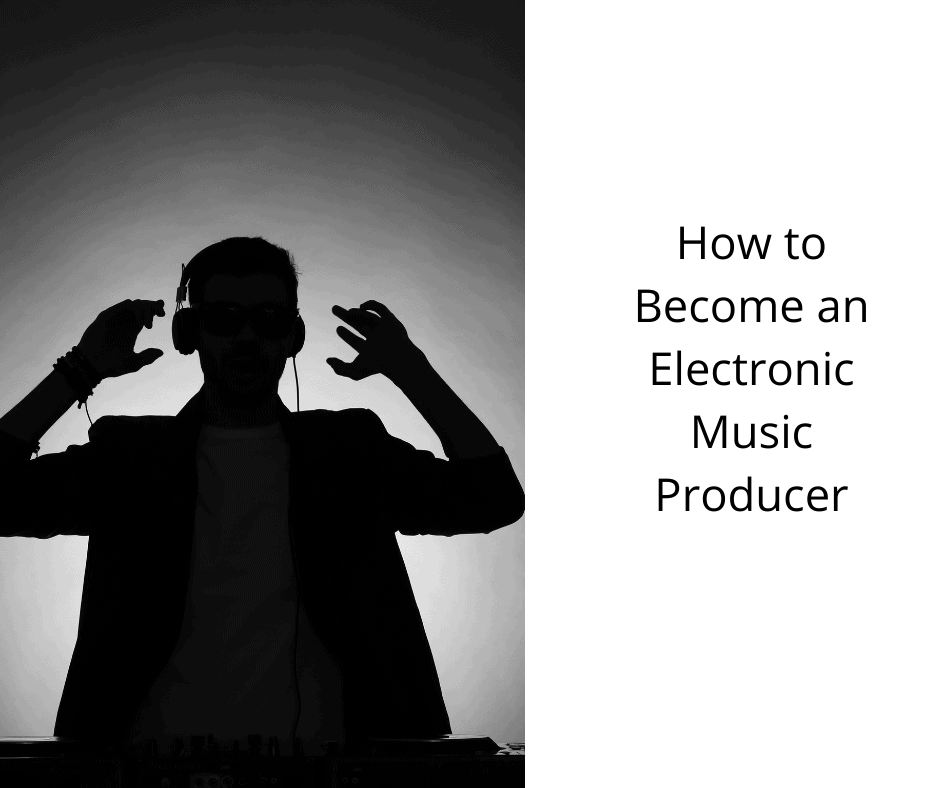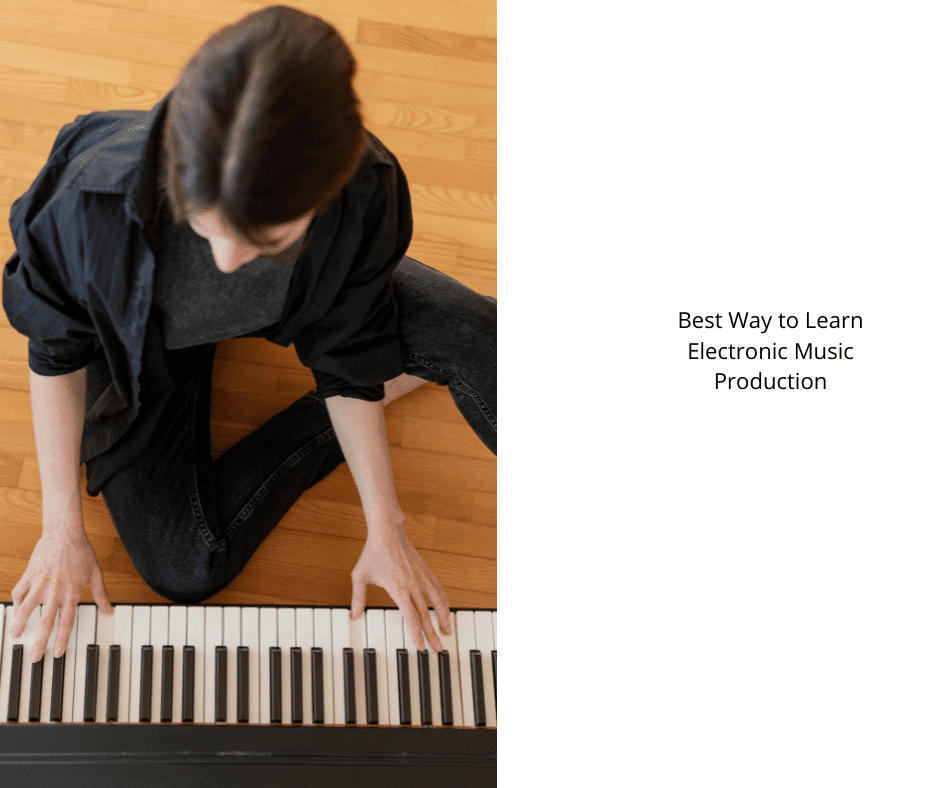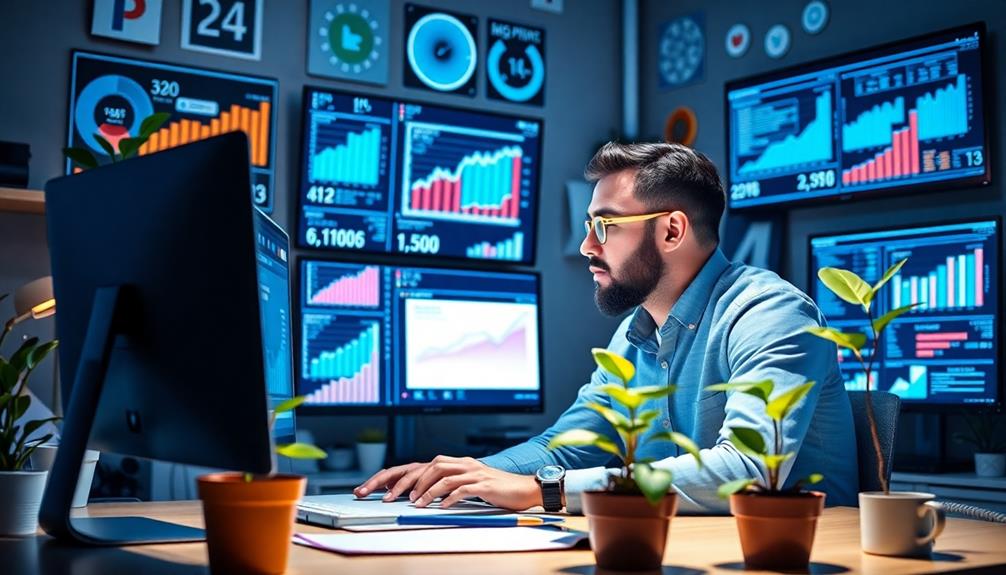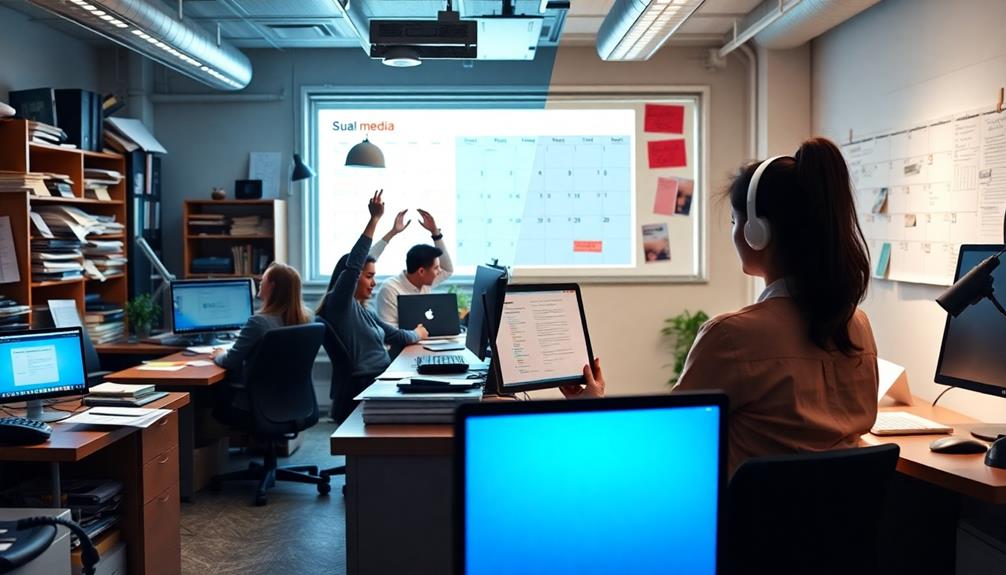If you are interested in becoming an electronic music producer, there are many things you can do to help yourself. These include learning about different areas of music production. This will help you become more proficient at your craft. In addition, you can learn how to use various tools to make your music. You can also get feedback from other producers in your area of expertise.
Stages of Becoming an Electronic Music Producer
Stage 1: Your goal should be to create a decent track and concentrate on skills and knowledge to achieve this. It is essential to set aside time for practice. By the time you reach this stage, you will know that you need a lot of work to master the skills and knowledge required to become an electronic music producer. You might not be able to finish a track even if you have the necessary skills.
Stage 2: Once you have mastered Stage 1, you can begin working on Stage 2. This stage can take one to two years or more, depending on your time and commitment. In this stage, you should continue to learn new skills and techniques, and your knowledge should become more diverse. You should also be more confident as a producer.
The next step is to write and record your first song. While the idea doesn’t have to be grand, you should make sure it has a good tempo, time signature, and chord progression. It should also contain a strong melody or motif. This stage is also where you can learn about music theory.
Once you have completed these steps, learning how your DAW works is time. This is essentially the primary instrument of an electronic music producer, so learning how to use it correctly is crucial. It takes musicians five years to master their instruments, and you shouldn’t take that long. Begin by reading a book like Ableton Live 10 Power! It will teach you how to use Ableton devices and provide real-life examples.
The next step in becoming an electronic music producer is to find your style. There are many styles and genres to choose from in the electronic music industry. Make sure you explore each genre and find the sounds and styles that work for you. As you begin to create your own signature style, you can explore your own artistic side.
Tools of The Trade
Before you start producing electronic music, it’s important to know the basics of the craft. This means mastering your DAW and learning how to experiment with different sounds and arrangements. It also means getting a good grounding in the fundamentals of music theory. Despite the differences in electronic and classical music, electronic music producers still use basic concepts from music theory to create their music.
The most important equipment you’ll need as a music producer is a digital audio workstation, an audio interface, a MIDI controller, and studio headphones. Other peripherals, such as microphones, are also required. You might also want to invest in audio-related software to aid you in your productions.
A solid online presence is essential for success. Social media is an excellent way to build your name and network with other artists. This can even lead to collaborations! Create an online presence and regularly post interesting content. Join online communities. This will give you the opportunity to network with industry professionals, and make connections that will help you move forward.
It is much easier to create music with the digital world. It’s no longer necessary to rent or purchase a recording studio to produce your music. You only need a digital audio workstation (DAW) and a good production software. If you’re working on a laptop, GarageBand is a good choice because it allows you to create up to 255 tracks of audio. If you’re working on a PC, DarkWave Studio is another popular option.
Learning to make electronic music takes time. You will be rewarded with big hits and the chance to be heard if you persevere. Take note that this career takes years to become successful and requires a strong focus on your craft.
Steps to Mastering Them
The process of mastering your own electronic music is not a walk in the park. Multiple monitoring sources are necessary to ensure your final product sounds professional. These sources can include headphones, in-ear headphones or studio monitors. The mastering process will be affected by the environment you use. For example, a noisy or echo-filled room can cause too much resonance.
Mastering includes volume automation and limiting. This process involves making your mix louder or quieter by adjusting the slope of the frequency spectrum. This process should be done with care: You should not increase the volume of your mix by more than 2dB. You can also add effects like reverb and effects to your mastering session.
Although you can master your music yourself, hiring a professional is best. Although hiring a professional is always recommended, it is possible to fake the results with a good chain of plugins and a set of presets. You should first make some clips of your work for later listening.
After creating a mix, listen to it carefully. This will allow you to identify any issues that may have occurred during the mastering process. During this listening session, you should be as honest as possible with yourself. Remember that the first listen will reveal 80% of the problems. Write down your notes on paper or save them on your computer. These notes will help you to master the process. You’ll be amazed at how much difference a single note or change can make in a track.
Electronic music production is not as difficult as many people think. You will need to put the new knowledge and resources into practice. Practicing consistently will make you a better and more experienced electronic music producer.
Get Feedback from Other Producers
You can benefit from the feedback of other producers to improve your skills as an electronic music producer. It is important that you are polite and respectful when expressing your concerns. You will inevitably come across producers with a wide variety of styles, so you must be aware of what your fellow producers like and dislike so you can avoid offending them.
As with any other skill, feedback from other producers can help you improve your output. Other producers can offer helpful tips about your sound and your mixing. It can also give you a different perspective on your work. You can also benefit from the feedback of your peers to help you build a network within the industry.
Another important aspect of music production is organization. As a producer, you have to organize a large number of samples. Each sample must be placed in the right place. Make sure you have a clear plan for your tracks and know all the hardware and software you are using. When you review your early tracks, take note of the things that might need improvement.
When becoming an electronic music producer, you should interact with other producers in the industry. Show that you care about their work and provide them with something of value. If you think your music may fit with a particular label’s criteria, you should continue to try. It is easier to get feedback on smaller labels. However, larger labels may not have an email address. In these cases, you will need to contact A&R directly.
These tips are not specific to any particular genre of electronic music. However, you might want to look at the EDM Production Roadmap and Connor O’Brien’s Ableton Workflow Bible for many tips on improving your music production.
Collaboration with Other Artists
One of the most difficult aspects of being an electronic music producer is collaborating with other artists. Collaboration can take place in-person or remotely. Producers should be prepared to work with other artists, regardless of how they collaborate. This way, they will appear professional and the collaboration will have the best chance of success. Also, collaborations are the perfect opportunity to try out new ideas. Rather than making changes to the track at the last minute, producers should be able to incorporate the new ideas into their own music.
In order to collaborate with other artists, it is crucial to have a common interest. While it is not ideal to constantly follow up with someone who isn’t interested in your music, it is possible to find collaborators who share the same passion as you. However, this method should not be forced and should be done after a sufficient time.
Collaborating with other artists can be very easy if you have the right equipment. Several online music collaboration platforms are available, such as Soundtrap. You can use these tools to upload your music ideas and invite other members to your project. The interface of these platforms is user-friendly and simple to understand. You can also audition to projects that are open for everyone. It may be a great way to gain experience as an electronic music producer.
If you collaborate with other artists, ensure they all have the latest versions of their project files. Dropbox and other file-sharing platforms are great options for sharing audio stems and samples. You should also share any unfinished ideas that you have with your collaborators. This will help you envision the track’s sound before you put the final touches on it.



![Trap Beat Mixing Tutorial [Extended Version] 3 TRAP BEAT MIXING TUTORIAL EXTENDED VERSION](https://strongmocha.com/wp-content/uploads/2019/08/TRAP-BEAT-MIXING-TUTORIAL-EXTENDED-VERSION.png)





